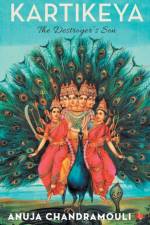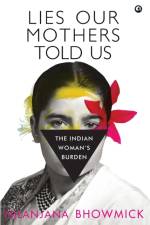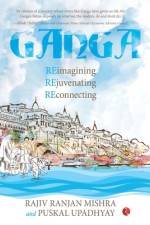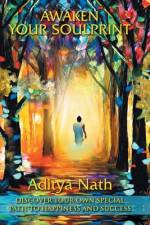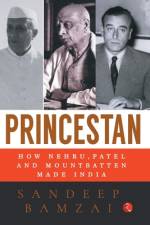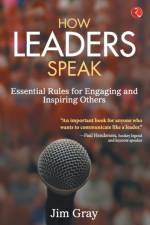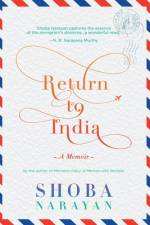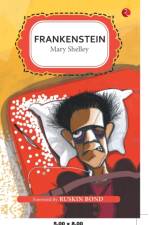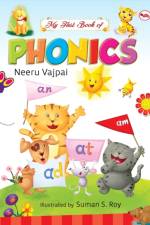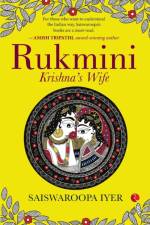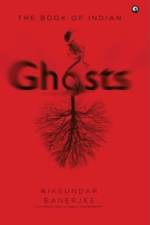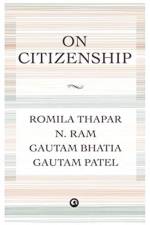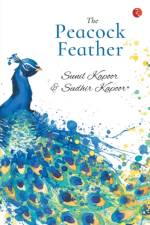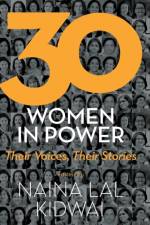av Nilanjana Bhowmick
391
Savitribai Phule, Mahasweta Devi, Amrita Pritam, Medha Patkar, Kamla Bhasin, and countless others have, since the nineteenth century, fought for and won equal rights for Indian women in a variety of areas-universal suffrage, inheritance and property rights, equal remuneration, prevention of sexual harassment at the workplace, and others. Pioneering feminists believed that due to these hard-won rights, their daughters and granddaughters would have the opportunity to have rewarding careers, participate in the social and political growth of the country, gain economic independence, and become equal partners in their marriages. On paper, it would appear that the lot of Indian women in the twenty-first century has vastly improved but, in reality, the demands of capitalism and the persistence of patriarchal attitudes have meant that they continue to lead lives that are hard and unequal, especially when compared to their male counterparts. Indian women are among the most overworked in the world-they spend on average 299 minutes on housework and 134 minutes on caregiving per day, shouldering 82 per cent of domestic duties. They are burdened with work from such a young age that many are forced to drop out of schools, leave the labour force, and give up dreams of financial independence. For those who have the privilege of choosing to have a career, the only way they can make this viable is by doing the 'double shift': women are expected to do most of the housework, childcare, and caregiving, whether they have jobs or not. While these problems apply to all women across the country, those in India's middle class face an altogether unique challenge because middle-class families have mastered the art of simulating an environment of empowerment in their homes. Lies Our Mothers Told Us: The Indian Woman's Burden takes a close look at the gender inequality that forms the bedrock of India's middle class-this forces women try and be 'superwomen' while ignoring the deleterious effects on their mental and physical health. Using available data and anecdotal evidence from the real lives of Indian women across the country, journalist Nilanjana Bhowmick asks if, in our patriarchal society, the assertion that 'women can have it all' comes at too high a price.


